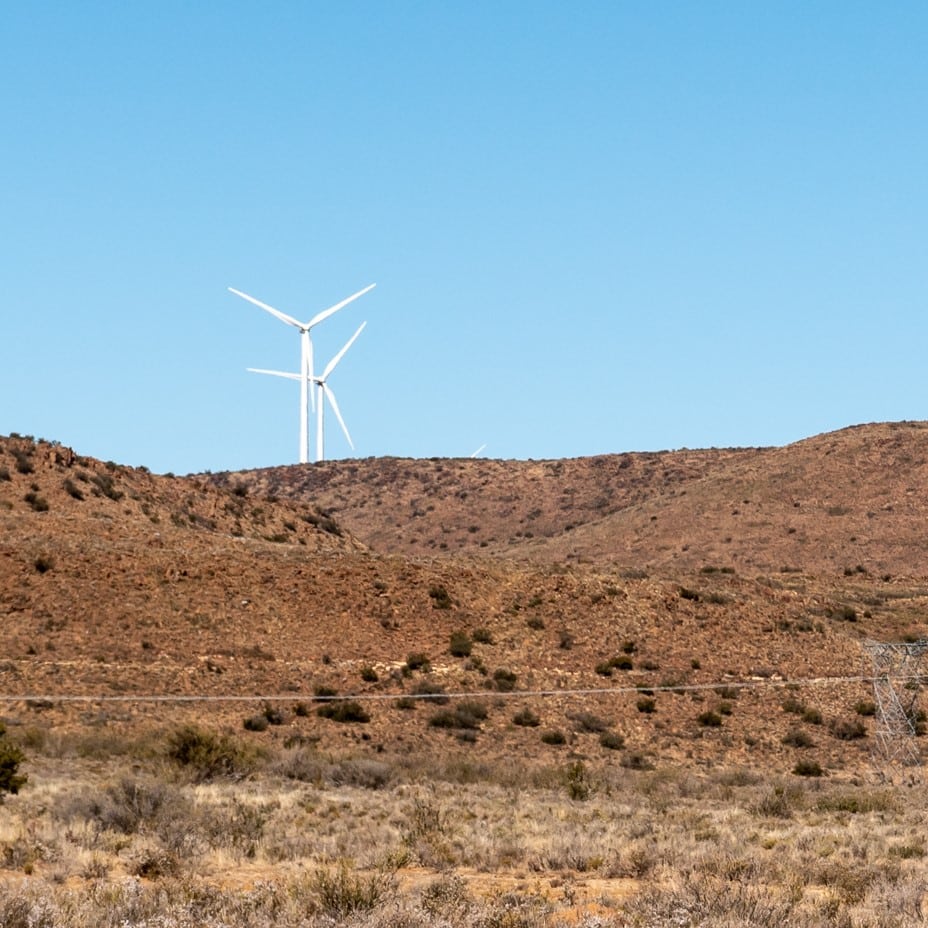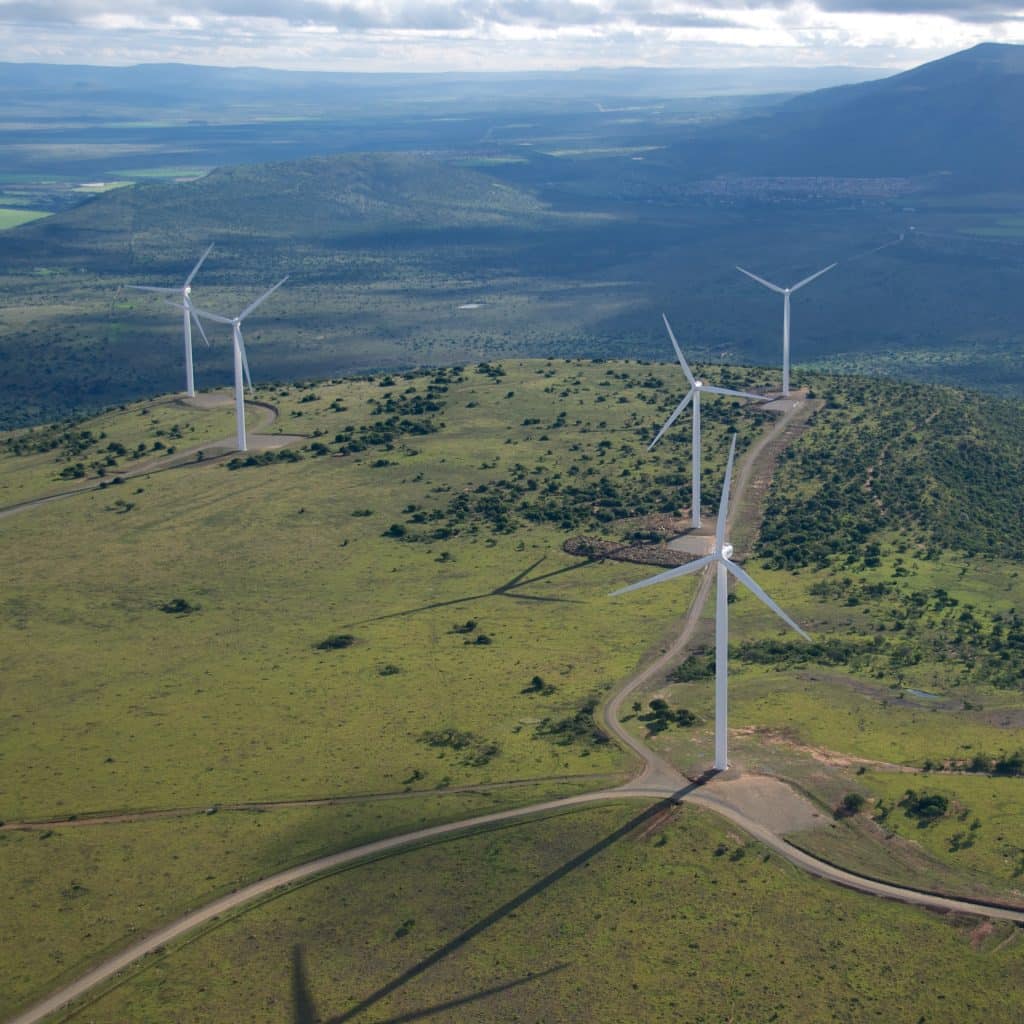What is the Just Energy Transition?
And why is it important?
FOUNDATION
Understanding JET
We see this as holistic because it recognises the complexities of our existing energy systems and is inclusive as it considers the interests of various stakeholders. This transition is not about pitting coal against renewables but embracing a coal-plus-renewables approach. It’s a journey towards an energy mix that balances immediate energy needs with long-term environmental and socio-economic goals. Transitioning from fossil fuels like coal to renewable sources is central to decarbonisation, aiming to reduce carbon emissions and combat climate change.


necessity
The move forward
In South Africa, particularly in regions like Mpumalanga, coal has been the cornerstone of energy production and economic activity. However, our reliance on coal has contributed significantly to carbon emissions, impacting global climate change. Furthermore, Eskom’s power crisis, exemplified by frequent load shedding, underscores the urgency for a diversified energy mix. JET is crucial for ensuring energy security, spurring economic growth, and achieving sustainability goals.
The Climate Case for South Africa
- SA is a coal-reliant country and the 15th largest emitter (vs. 37th-ranked economy by GDP)
- Given our energy crisis and the global shift to renewable energy, SA must join the transition to combat climate change and increase energy security.
- Overseen by the PCC, SA’s JET strategy supports our NDC carbon target commitments, promotes private energy development and underscores the need for the transition to be just, well-regulated, and delivered responsibly.
- SA aims to become a net-zero economy by 2050* and has introduced the Renewable Energy Independent Power Producer Procurement Programme (REIPPPP) to accelerate renewable energy capacity, incentivise investment, encourage the implementation of large-scale JET infrastructure projects such as the Power Purchase Agreement (PPA) program. These frameworks and programs will significantly contribute to the growth of the renewable energy sector, balancing social, economic and environmental viewpoints.
WORKING TOGETHER
Coal and renewables: A synergistic approach
Contrary to the traditional ‘coal versus renewables’ narrative, JET emphasises a ‘coal plus renewables’ strategy. This approach acknowledges the role of coal in providing immediate energy needs while progressively integrating renewable sources like wind and solar energy. This synergy is vital for a balanced transition that safeguards energy security while advancing towards cleaner energy solutions.
Benefits
- Economic Growth: JET promises significant contributions to the national economy through energy generation, job creation, and local industry development.
- Energy Security: Diversifying our energy mix with renewables can alleviate the issue of load shedding, ensuring a stable and reliable power supply.
- Climate Mitigation: Transitioning to renewables is a critical strategy for reducing carbon footprint, mitigating the effects of climate change.
- Community Upliftment: JET provides numerous socio-economic development opportunities, empowering local communities and enhancing quality of life.


BENEFITS
Climate Impact of Reduced Emissions
- Limiting global temperature rise.
- Reducing the frequency and intensity of extreme weather events.
- Protecting ecosystems and biodiversity.
- Mitigating sea level rise.
- Improving public health in every aspect of our work, we sensitively shape a sustainable energy pathway for Africa that is watchful of the environment and empowers communities, laying the foundation for a brighter, greener future for the continent.